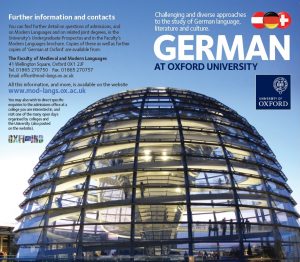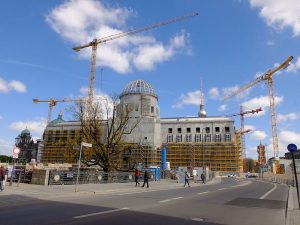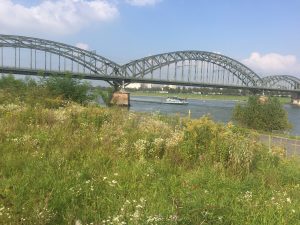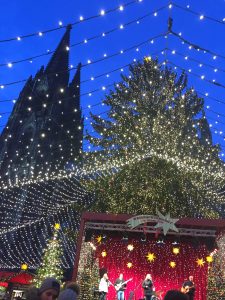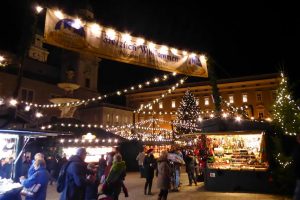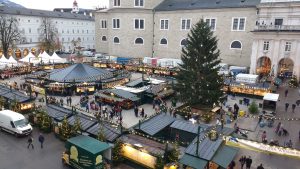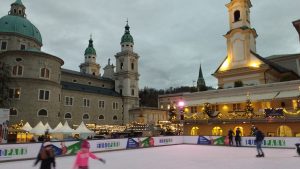Calling all Germanists and aspiring Germanists: the Oxford German Network (OGN) is pleased to announce the launch of this year’s German Olympiad – a prize for German learners aged 9 and up. The theme this year is Tiere und Monster [Animals and Monsters]. There are a range of activities to take part in, depending on your age, and you can submit an entry as an individual or as a group. This year there are also some activities for those of you who might be new to German. Read on for more details, and please consult the full guidelines on the OGN website.
Years 5 and 6 (age 9-11):
- Draw a monster and label its parts.
- Draw a picture of your home from the perspective of an animal or insect living there. Label the things in it and include a title indicating the type of creature it is.
- Find a German fairytale about animals and draw a comic strip retelling it.
Years 7 to 9 (age 11-14):
- ‘Gibt es wirklich Monster?’ Write a dialogue between two people who disagree about whether monsters really exist.
- Create an advertising brochure for a zoo or wildlife sanctuary.
- Research the history of the Krampus figure and Krampusnacht, and create a poster explaining them.
Years 10 and 11 (age 14-16):
- Research the roles played by animals in the First World War and present your findings in an article.
- Paint or draw an animal or animals in the style of the artist Franz Marc and write about the work of art that inspired it.
- Retell a story (originally in any language) featuring animals and/or monsters.
Years 12 and 13 (age 16-18):
- ‘Was tun Zoos für den Artenschutz?’ Write an article using the information on the website of the Berlin Zoo and at least one other German, Austrian or Swiss zoo.
- Create a comedy sketch retelling Kafka’s Die Verwandlung. Submit it as a script or a filmed performance.
- Write a short story about a female monster.
Open Competition for Groups or Classes (4+ participants)
- Create a film or PowerPoint presentation about Tierversuche.
- Write and illustrate a short book for children about an animal or a monster.
- ‘Unser Leben mit einem Monster.’ Create a film or song on this theme.
Discover German – Taster Competition (1-3 participants with no prior experience of studying German)
- Years 7 to 9: find words used for animal noises in German, and film yourself saying them together with the equivalent English word.
- Years 10 and 11: rewrite (in English) the story of Hänsel and Gretel, setting it in a real modern German city and including 15 German words.
- Years 12 and 13: choose three of the following animal nouns: Hund, Katze, Schwein, Pferd, Kuh, Schaf, Hase, Vogel. Find compound words (e.g. Osterhase – Easter Bunny) and idioms (e.g. Schwein haben – to be lucky) that contain them. Write a blog post about how you found them and what differences from English you discovered.
Please spread the word to your Greman-speaking friends. The deadline for submissions is noon on 15th March 2019. If you have any questions please contact the Co-ordinator of the Oxford German Network at ogn@mod-langs.ox.ac.uk . We look forward to receiving your entries.


